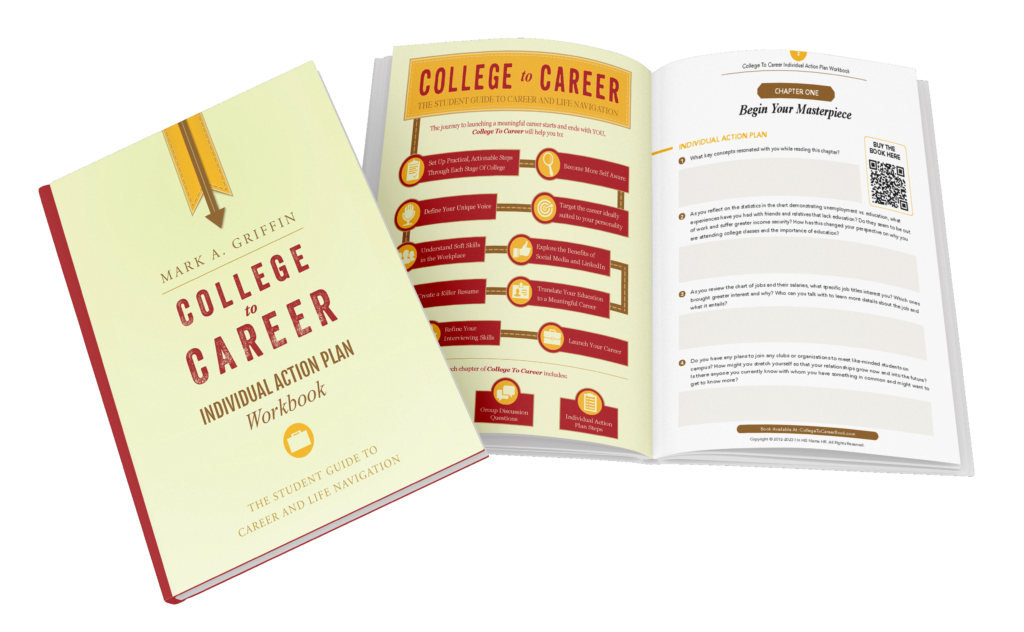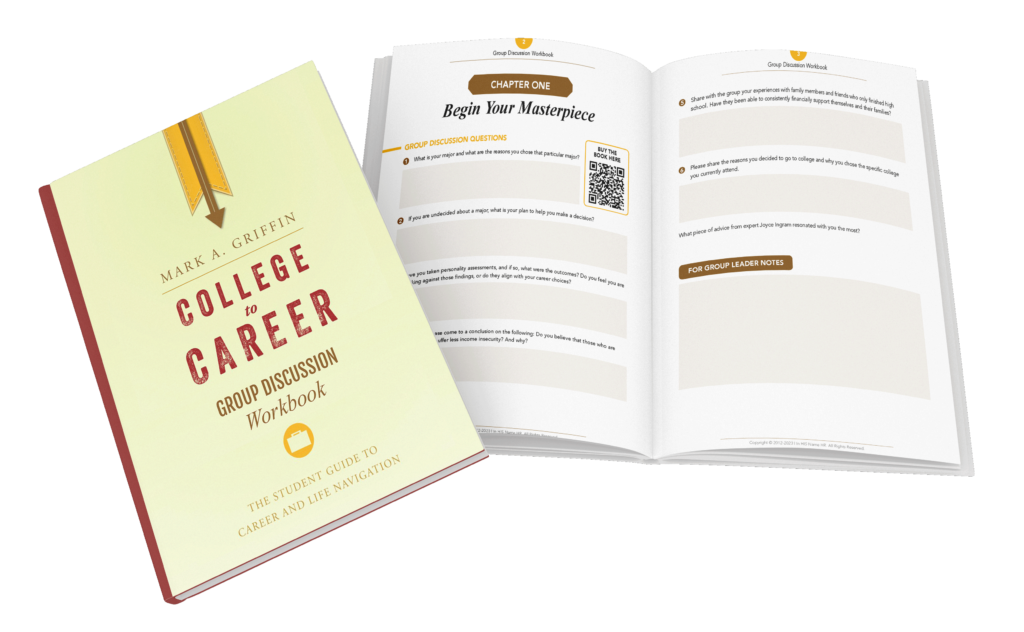Are You Smarter Than A Fifth Grader?

Self-Awareness
Last year, the earth’s population reached over 8 billion people. Yet of those 8 billion people, no two are exactly alike. Each person is uniquely and wonderfully made, with a unique set of fingerprints. Here are a few impressive facts about the human body that just might blow you away:
*The human brain can read up to 1,000 words per minute
*In 30 minutes, the human body gives off enough heat to bring a gallon of water to a boil
*The focusing muscles in the human eye move around 100,000 times a day. To give your leg muscles the same workout, you’d need to walk 50 miles.
*The human body produces 25 million new cells every second and sheds 40 pounds of skin in a lifetime.
As you can see, we are amazingly complex creatures, inside and out. That’s why it’s so important to understand what makes us so unique. One critical factor of our uniqueness is the Intelligence Quotient, otherwise known as IQ. IQ is defined as the measurement of intelligence as it relates to standardized testing. Within IQ, we will include aptitude and ability. Personality is defined as the combination of characteristics or qualities that form an individual’s distinctive character. Self- awareness is the level of understanding someone has of both IQ and personality. It is one’s ability that helps them see how IQ and personality intertwine to create unique opportunities. When IQ, personality and self-awareness interconnect, individual passions take shape.
Let’s explore this a bit more.
As a high school or college student, you’re likely aware of the most notable IQ test, the Scholastic Assessment Test, or SAT. Research has shown a strong correlation between scores received on the SAT and IQ. There is a plethora of other IQ tests administered throughout school districts in the United States as well. The most commonly used individual IQ test series is the Wechsler Intelligence Scale. IQ tests themselves are constructed of theoretical questions that designers have developed to create a benchmark system for all who take the test. These tests may include the following categories:
*Verbal
*Mathematical
*Spatial
*Visualization
*Logical
*Pattern Recognition
While taking an IQ test is highly recommended, there are other available aptitude tests as well. One popular test is the Armed Services Vocational Aptitude Battery. Used by the Armed Services, it consists of a battery of aptitude tests and has helped many potential recruits navigate their way.
While IQ scores only define one part of the whole person, the scores do show us something about our lifestyle, ability and cognitive skills. IQ scores have been shown to be associated with such factors as morbidity and mortality, parental social status and even biological parental IQ. IQ scores are used as predictors of educational achievement, special needs, job performance and income. According to one scholar, people with below-average IQ are 88 more times likely to drop out of high school, seven times more likely to be jailed and five times more likely as adults to live in poverty. In general, those with a higher IQ tend to be more successful, creative, independent, and happy.
So just what factors contribute to an individual’s IQ? The jury is still out on how much genetics come into play, but many researchers say individual genes largely contribute to one’s IQ. Diet and nutrition are said to play a factor as well. Research shows that children who ate unhealthy meals and were low in proper vitamins and minerals before the age of 3 had a lower IQ. Interestingly, music is said to have a significant effect on one’s IQ. A 2004 study showed that 6-year-old children who received musical training had an average increase of 7 IQ points. So those piano lessons Mom dragged you to as a child might have come in handy after all!
Didn’t take piano lessons as a kid? No worries. Listening to classical music has been reported to increase IQ as well, specifically spatial ability. In 1994, two men named Frances Rauscher and Gordon Shaw reported that college students who listened to just 10 minutes of Mozart’s Sonata for Two Pianos showed an increase in 8 to 9 IQ points. The phenomenon was dubbed the “Mozart Effect.” So if EDM or country music is your jam, consider throwing a little classical music on your Spotify as well!
On average, someone’s IQ falls between 85 and 115. A few famous folks, however, have exceeded that number with their impressive IQs. You might recognize some of the names: Albert Einstein, Leonardo Da Vinci, Stephen Hawking and Marilyn Vos Savant, whose popular column “Ask Marilyn” was featured in Parade magazine for years. But not every famous, powerful or successful person has had a high IQ. It’s been said that President Abraham Lincoln had an IQ of just 105, and John F. Kennedy’s IQ stood at just 117. Muhammed Ali, the great fighter, is said to have had an IQ of 78. Interestingly, having a high IQ often requires a greater number of intellectual challenges. Years ago, a police department turned away a recruit for having an IQ above 145, as they feared he might become bored of the job. The policy was later challenged as discriminatory; however, it was upheld in court.
Understanding your IQ is imperative to creating a successful life. By determining your IQ, you will embrace your scholastic potential and have greater success in your endeavors. To learn more about IQ tests and see which ones might be right for you, purchase College to Career today.
So let’s get started today!
Receive Blog Updates
|
|
Thank you for Signing Up |








